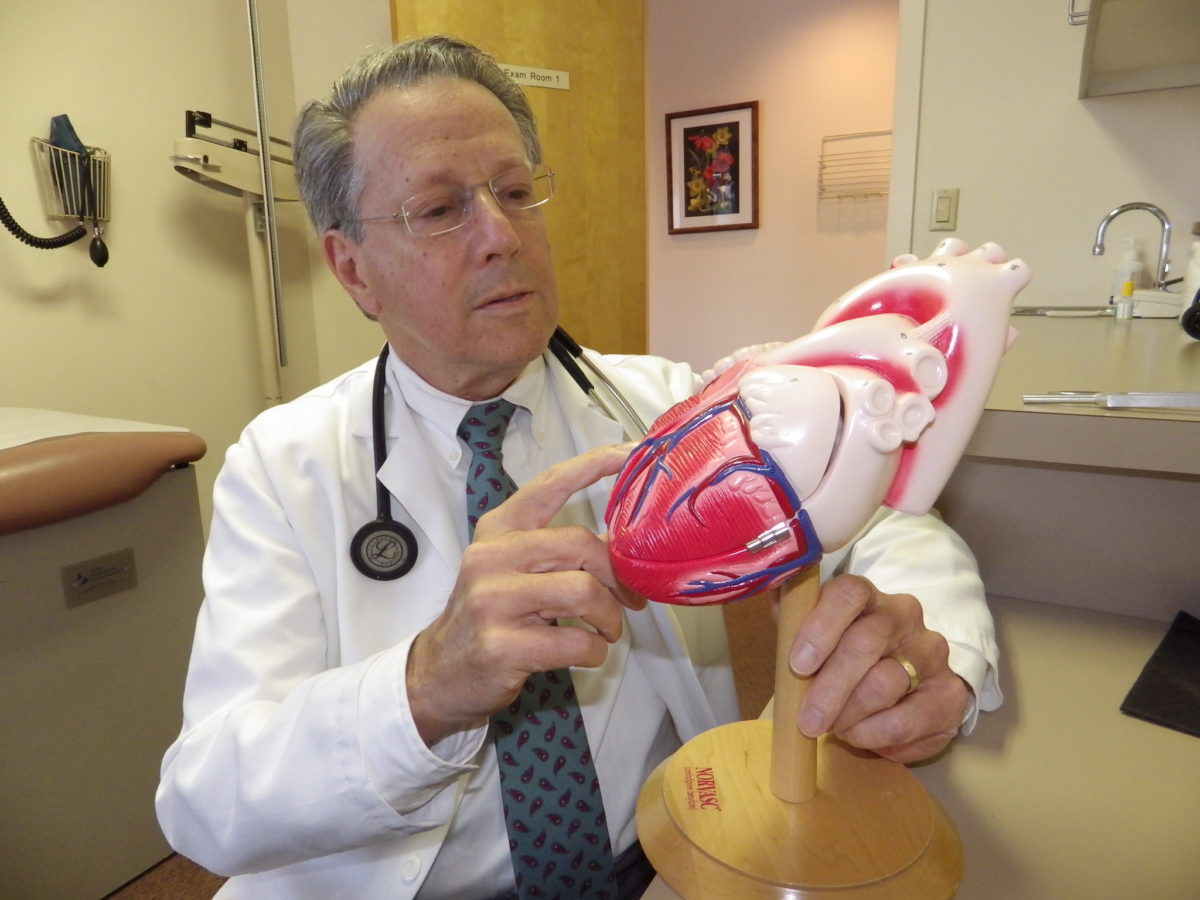A quarter into the fiscal year and already the newly relaunched Connecticut Small Business Development Center has 400 clients. Officials had hoped to serve 550 clients for the entire year.
University of Connecticut officials agreed in January 2013 to take over as the SBDC host institution and have since rebuilt the center to serve as a one-stop shop for business owners seeking advice, resources and capital.
Now with several new offices and a trained staff in place, the center is operating at full speed and is contending with a high demand in the state for small business advising resources.
Requests for appointments have tripled since August with more than 10 new client requests a day, said Emily Carter, Connecticut”™s SBDC director since August.
“We”™ve got our work cut out for us,” Carter said. “We”™re basically a startup that started from scratch. We”™ve got a new team, marketing strategy, products in place and we”™re getting the traction we need to become a premier SBDC.”
An 18-year SBDC veteran, Carter moved from Illinois to assume her new position in Connecticut, bringing with her institutional knowledge. The state”™s new program may be in its infancy, but Carter said she sees it emerging on the national level. The program runs in partnership with the U.S. Small Business Administration.
The center”™s counselors help owners review business plans, prepare for a lending request, access market research and market their businesses. In Fairfield County, advisors now share offices with the Bridgeport and Danbury chambers of commerce, the Business Council of Fairfield County in Stamford and at the UConn Stamford campus. Each counselor is trained in SBA programs, all state programs and various banks”™ lending requirements.
“It”™s very frustrating from the client”™s perspective to try to call 10 places to get pieces of what they need,” Carter said. “We pride ourselves in having the knowledge to direct clients where they need to go ”¦ They don”™t have to navigate that maze of acronyms and at the end of the day they know what they need to do next.”
“Our goal is that they don”™t feel they”™re getting the run around of one government agency to another,” she added. “We”™re trying to reduce that legwork.”
Carter said SBDC counselors still spend half a day per week receiving more training such as how to better forecast financials or improve listening skills.
By the end of the fiscal year in September 2014, the center aims to have helped 90 startup businesses, provided access to $14.7 million in capital and served 400 long-term clients. In the first quarter of the year it served 198 new clients.
“I”™m very committed that we have consistency in quality at all of our locations,” Carter said. “I want a very highly educated, trained, competent staff who can answer questions in a variety of areas, understand the different facets to running a business and articulate that knowledge.”





















